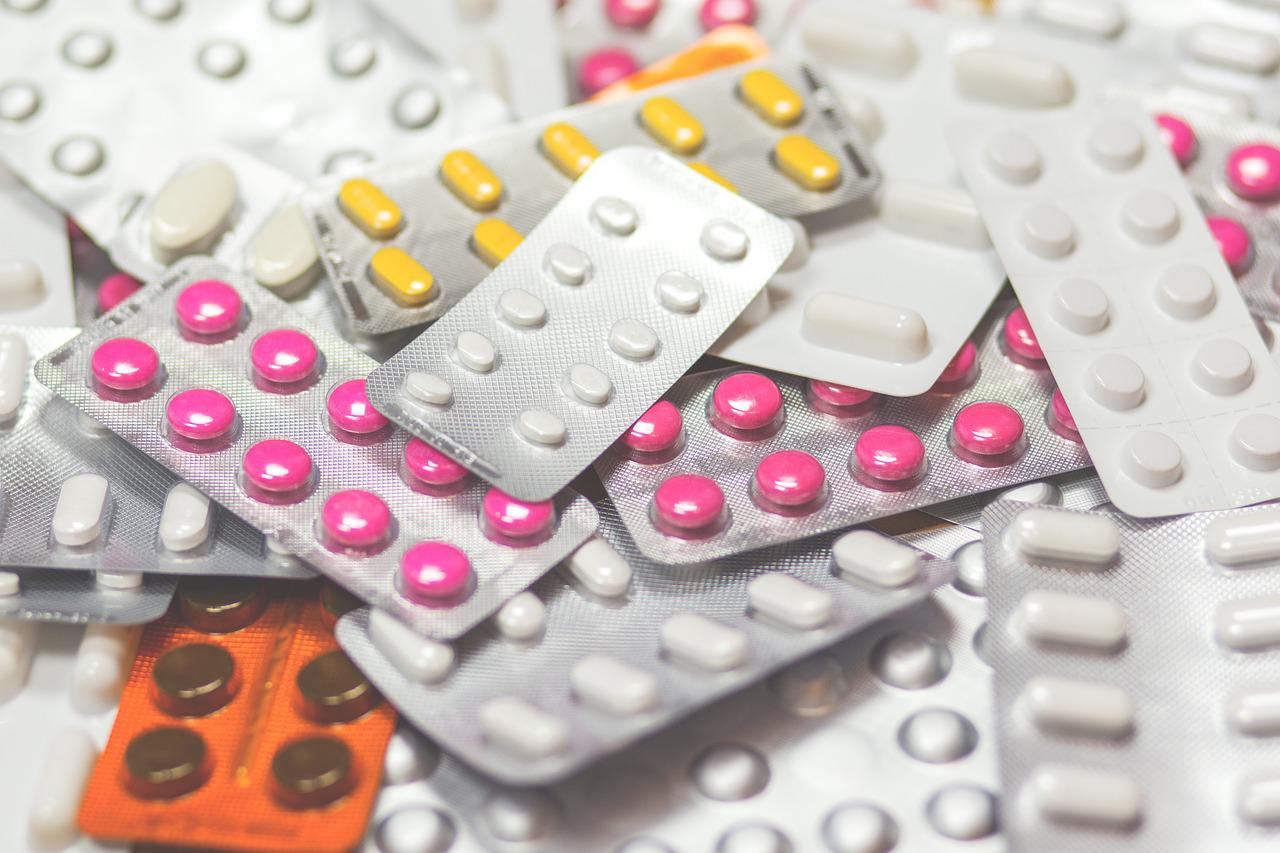Reading the leaflets, placed inside the packages of the drugs, it is easy to see that most of the latter could cause various side effects.
These, typically classified as mild, moderate, severe or fatal, could occur for a variety of reasons. On our pages we have seen that some side effects could appear in the event that there is an interference between drugs and food. For example, even the AIFA recommends not consuming cheeses and dairy products if you are taking antibiotics such as tetracyclines.
Other side effects, even serious ones, however, could occur due to the prolonged use of some drugs. This is the case of the gastroprotectors which, in the long run, would lead to infections or an increased risk of certain diseases.
Prolonged use of drug therapy and overdose are therefore among the main causes of the appearance of these disorders. This could happen, as we will see, even when taking so-called antacid drugs, usually used in case of reflux.
Few people know that these very common drugs could be responsible for farts and stomach cramps
Those who suffer from stomach acid know how annoying the phenomenon of gastroesophageal reflux. This disorder, which is very common especially in working age, could depend on various lifestyle factors, such as nutrition and stress management.
In addition to this, reflux could also appear due to slow digestion or anatomical causes. One of the most frequent is the weakness of some tissues, such as those affecting the esophageal sphincter. This is nothing more than a small valve, placed between the esophagus and the stomach which, when not holding, would cause an increase in acid reflux.
Symptoms of reflux usually include acid regurgitation in the mouth or burning behind the breastbone. However, dry coughs, asthma attacks, lowering of the voice, the need to always clear the throat and insomnia may also occur.
Nutrition and drugs against acidity
To counteract reflux and other ailments due to stomach acid, a first step could be to limit the consumption of certain foods. These include coffee, citrus fruits, tomatoes, fatty and smoked meats, sausages, cheeses, spirits and so on.
Secondly, you could take medications, even over the counter, that can relieve pain and heartburn. As we have already anticipated, among the most suitable we find the so-called antacid drugs. The latter contain substances such as aluminum and magnesium hydroxide which, reacting with the hydrochloric acid produced by the stomach, neutralize it. However, antacids would be able to counteract the aforementioned disorders only temporarily and cannot intervene on the mechanisms that regulate acid secretion.
Side effects
Even antacid drugs, as theHigher Institute of Health, could cause unwanted effects. In fact, few people know that these drugs could be responsible for farts, diarrhea, constipation, nausea, vomiting and stomach cramps.
Also, we do not recommend taking antacids if you are pregnant, breastfeeding or for children under the age of 12. Finally, you may need to consult with your doctor if you have severe heart, liver, or kidney problems. Or if you have high blood pressure or liver cirrhosis.
Recommended reading
Here is the highly digestible cure-all drink that would help rebalance the intestinal flora


